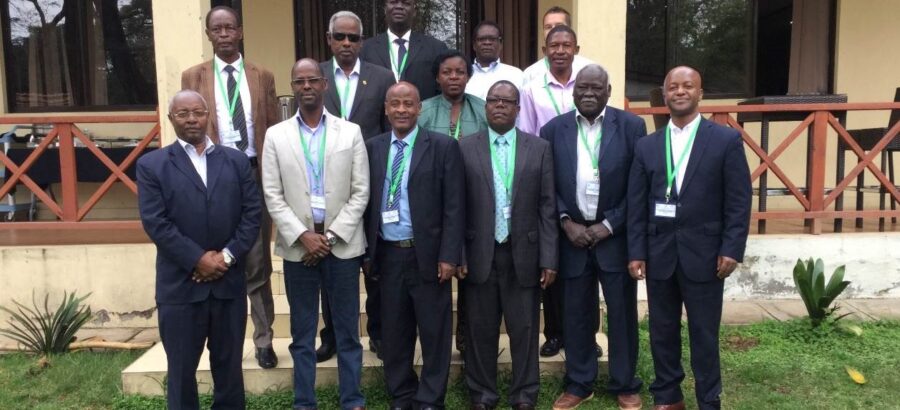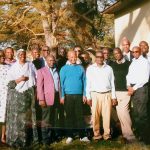Background
IGAD and FAO have jointly been implementing a regional project on “Improving Supply of Safe and Quality Livestock and Meat Exported from the Horn of Africa to Middle East and North African Countries” (GCP/RAF/490/ITA) that has four outputs.
The project has facilitated a number of activities to promote live animals and meat export to Middle East and North Africa (MENA) countries that have high demand. The region meets only about 50% and 10% of live animal and meat respectively of the annual demand by MENA countries. These could be increased following concerted efforts through a second phase. This project focal points meeting reviewed progress and results achieved to date, discussed the planned activities up to the end of the current project (June 2018) and reviewed and provided inputs into the zero draft of the Concept Note for a potential second phase of the project.
OPENING SESSION
Dr. Solomon Munyua, the Director of ICPALD welcomed participants to the project focal points meeting. He stressed the need to critically look at what worked and what didn’t work so as to turn it into opportunity especially with the view of a potential next phase. He highlighted on the need to review relationships and coordination,looking at the fact that implementation/activities are at local level yet coordination and communication at national/federal levels.
Mr. Aw-Dahir, representing the Sub-regional Coordinator of the FAO Eastern Africa Office (SFE) and Dr. John Makori on behalf of Director of Livestock Production, Kenya addressed the participants in opening remarks. Dr John Makori opened the meeting officially. The following recommendations were reached:
- Member states (MS) representatives expressed appreciation for what the project has achieved and requested FAO and IGAD/ICPALD to develop a second phase of the current project, building on the results achieved and taking into account the comments and suggestions from this meeting,
- The meeting recommended MS, FAO and IGAD to work on how to lower the cost of livestock feed and fodder in order to ensure availability of year-round quality livestock for slaughter and export. MS should strive to commercialize fodder production in the ASALs,
- As the project’s activities on access to new/alternative markets has been well appreciated by Member States, all agreed that this should be continued in the next phase,
- Participants felt that activities proposed need to be SMART, and should involve fewer meetings and studies in order to benefit more people on the ground,
- MS, IGAD and FAO should support the private sector to self-regulate knowing that deviation from the correct standards affects the entire country and region in terms of trade,
- The Member States recommended FAO and ICPALD to establish a core drafting committee to further fine-tune and develop the concept note into a project proposal while liaising with the Italian Agency for Development Cooperation, and possibly other interested donors, to secure funding for a second phase of the GCP/RAF/490/ITA project. It was also suggested to validate the final proposal with the Member States in the final stage.






